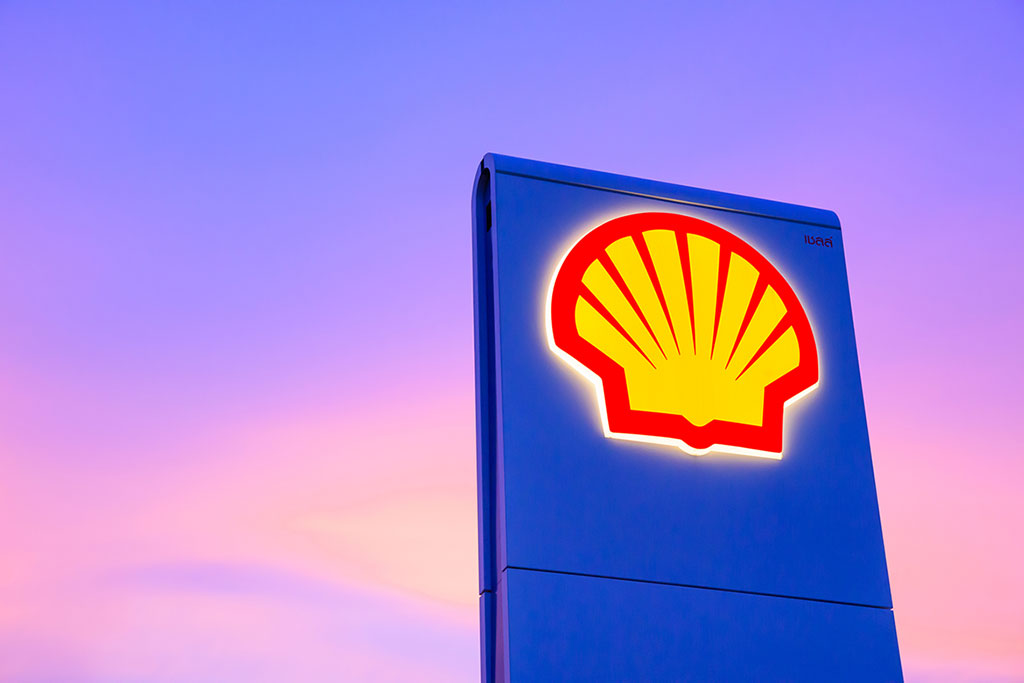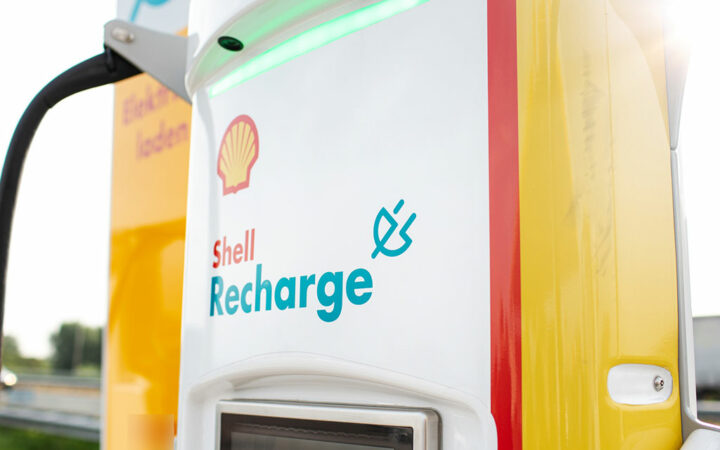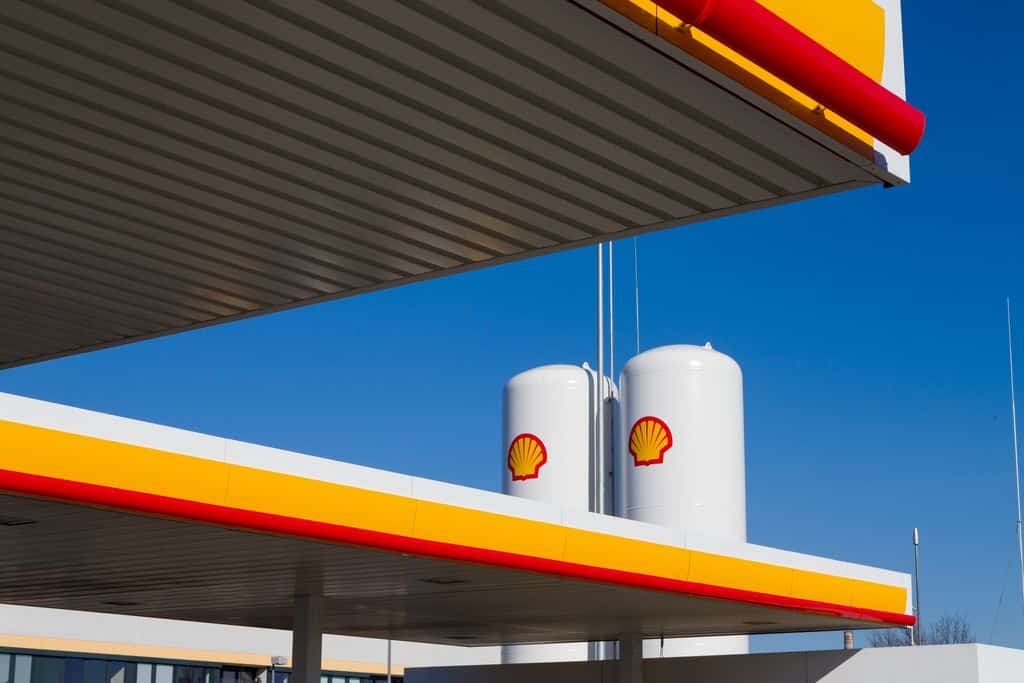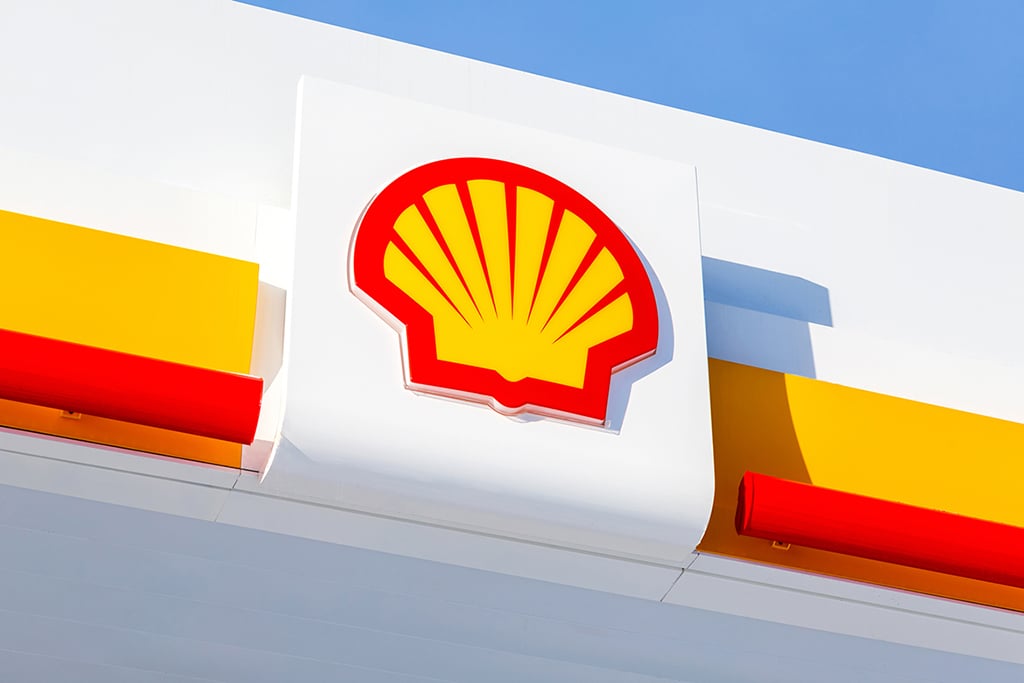
Darya is a crypto enthusiast who strongly believes in the future of blockchain. Being a hospitality professional, she is interested in finding the ways blockchain can change different industries and bring our life to a different level.
As many as 1,300 employees are working under Shell’s Low Carbon Solutions (LCS) division. A total of 90,000 people are employed by Shell Group in 70 countries.
 Edited by Julia Sakovich
Updated
3 mins read
Edited by Julia Sakovich
Updated
3 mins read

Massive layoffs taking place in the tech industry in 2022 and 2023 have extended to other fields. Recently, oil and gas giant Royal Dutch Shell PLC (NYSE: SHEL), commonly known as Shell, announced its plan to lay off 200 employees in its sustainable energy division. In 2024, the company will not only cut 15% of the unit’s headcount but also review another 130 roles. According to the company, some of the employees will be reassigned to other parts of Shell. The move is a part of the giant’s strategy to boost profits and ‘create more value with fewer emissions through a focus on performance, discipline, and simplification’ across the group.
Shell spokesperson commented:
“We are transforming our low-carbon solutions business to strengthen its delivery on our core low-carbon business areas such as transport and industry. In line with these principles, we are simplifying the business structure and reducing the head count.”
As many as 1,300 employees are working under Shell’s Low Carbon Solutions (LCS) division. A total of 90,000 people are employed by Shell Group in 70 countries.
Since Shell Group appointed Wael Sawan as its new CEO at the beginning of 2023, a series of changes within the company has been announced. Wael Sawan has pledged to aggressively pursue increased profitability and larger dividends for shareholders. Apart from cutting jobs, the new CEO has also announced the reduction of the contractor workforce, aimed at enhancing efficiency, numerous contracts have been either shortened or left unrenewed.
In 2022, Shell spent 3.5 billion pounds on low-carbon energy solutions, which included renewable power, electric vehicle charging, and biofuels. Over the course of the next two years, Shell is planning another $10 billion to $15 billion investment into low-carbon energy.
The company’s LCS branch explores ways of decarbonizing hard-to-electrify areas like transport and industry, including Shell’s own operations. However, it does not include the renewable power business.
According to Wael Sawan, it is still too early to fully rely on alternative sources of energy. Therefore, a $40 billion package of investment in oil and gas production has been revealed. Shell is reportedly planning to maintain its levels of oil production through 2030 to boost investor confidence, despite a recent lawsuit against Shell over its climate strategy.
Wael Sawan commented:
“It is critical that the world avoids dismantling the current energy system faster than we are able to build the clean energy system of the future. Oil and gas will continue to play a crucial role in the energy system for a long time to come, with demand reducing gradually over time. Continued investment in oil and gas is critical.”
Under Sawan’s leadership, the company’s approach is shifting, with a focus on value-driven decisions rather than rigid production targets. By 2025, the group aims to reach a $3 billion reduction in operating costs as part of a ‘ruthless focus on performance, discipline and simplification.’
Disclaimer: Coinspeaker is committed to providing unbiased and transparent reporting. This article aims to deliver accurate and timely information but should not be taken as financial or investment advice. Since market conditions can change rapidly, we encourage you to verify information on your own and consult with a professional before making any decisions based on this content.

Darya is a crypto enthusiast who strongly believes in the future of blockchain. Being a hospitality professional, she is interested in finding the ways blockchain can change different industries and bring our life to a different level.





